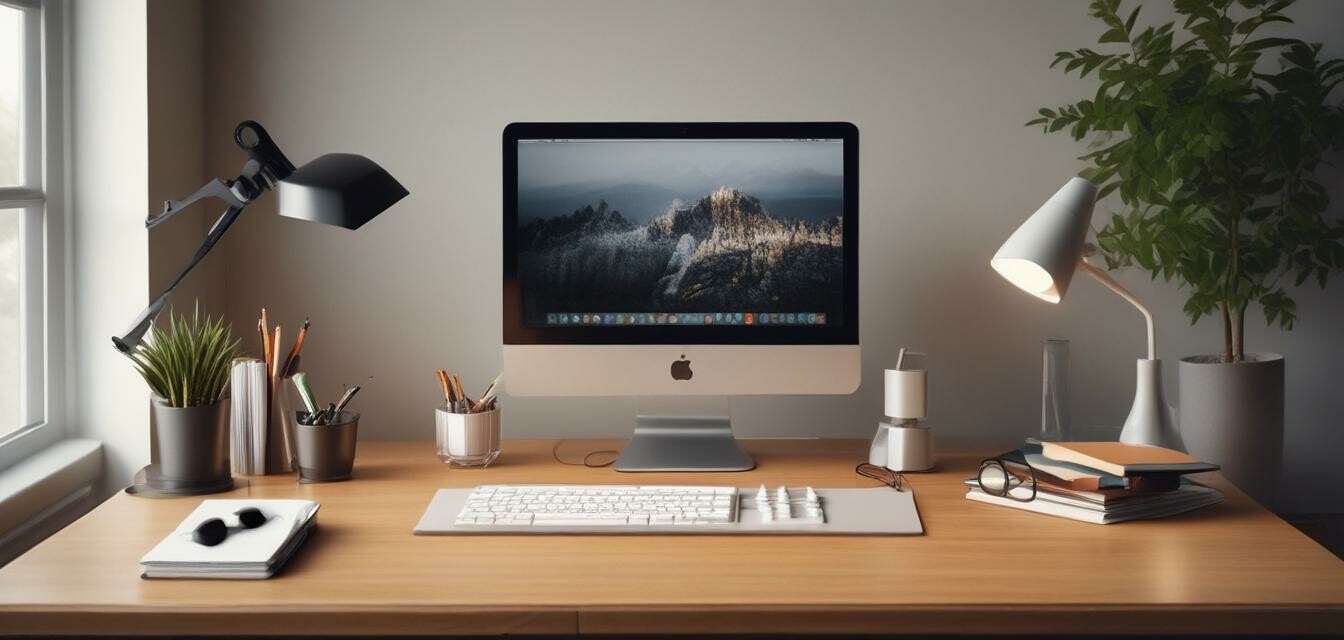
What to look for in a home office desk
Key Takeaways
- Choose a desk that fits your space and style.
- Consider ergonomic features for comfort during long hours.
- Assess storage options to keep your workspace organized.
- Evaluate materials for durability and aesthetics.
- Look for adjustable features if you prefer flexibility.
Finding the right desk for your home office can significantly impact your productivity and comfort. As remote work continues to rise, investing in a desk that meets your needs becomes paramount. This guide breaks down the essential features to consider when purchasing a desk for your home office, ensuring optimal functionality and comfort.
1. Size and fit
When selecting a desk, the first consideration is its size and fit for your office space. Measure the area where you plan to place the desk to ensure it does not overwhelm or underutilize the space.
| Desk Size | Room Size | Best Use |
|---|---|---|
| Compact (30"x20") | Small | Ideal for minimalistic setups |
| Standard (48"x24") | Medium | Perfect for multi-tasking setups |
| Large (60"x30") | Large | Suitable for dual monitors and extensive work materials |
2. Ergonomics
Ergonomics plays a vital role in reducing physical strain while working. Look for features that support good posture:
- Measures such as height adjustability for standing or sitting options.
- Desks with rounded edges for comfort.
- Height settings allowing you to customize to your needs.
For more on ergonometric furniture, check out our article on ergonomic chairs.
3. Storage and organization
A clutter-free workspace enhances productivity. Evaluate the storage features of your potential desk:
- Built-in drawers for keeping stationery and documents organized.
- Shelves that can hold books or decorative items.
- Cable management systems to help arrange electronic cords neatly.
For additional budget-friendly storage solutions, visit our section on office storage.
4. Material and durability
The material of your desk influences both its durability and aesthetic appeal. Common materials include:
- Wood: Classic appearance and great durability.
- Metal: Provides modern aesthetics and sturdiness.
- Glass: Adds elegance, but may require more maintenance.
5. Style and design
Your home office should be a reflection of your personality. Consider the following styles:
- Modern: Sleek lines and simple forms.
- Traditional: Warm tones and intricate details.
- Industrial: Utilitarian and rustic elements.
Explore various styles in our workspace inspiration section.
6. Budget considerations
Before making a purchase, establish a budget that aligns with your needs. Desks can range from budget models to premium designs. Consider what features are most necessary for your work habits.
Pros
- Improved comfort and productivity.
- Available in a variety of styles to suit your space.
- Can be optimized for various work tasks and tools.
Cons
- Quality desks can be an investment.
- Size considerations may limit options in small spaces.
- Some materials may require more maintenance.
Conclusion
In conclusion, selecting the right desk involves careful consideration of size, ergonomics, storage, materials, style, and budget. By evaluating these features, you can find a desk that enhances your overall work experience in your home office. Remember, taking the time to assess your needs will lead to a more satisfying workspace.
Tips for Beginners
- Start with a clear idea of your workspace layout.
- Don't rush; take your time in choosing furniture.
- Explore customer reviews to better understand the product.
- Visit stores to see products in person if possible.

